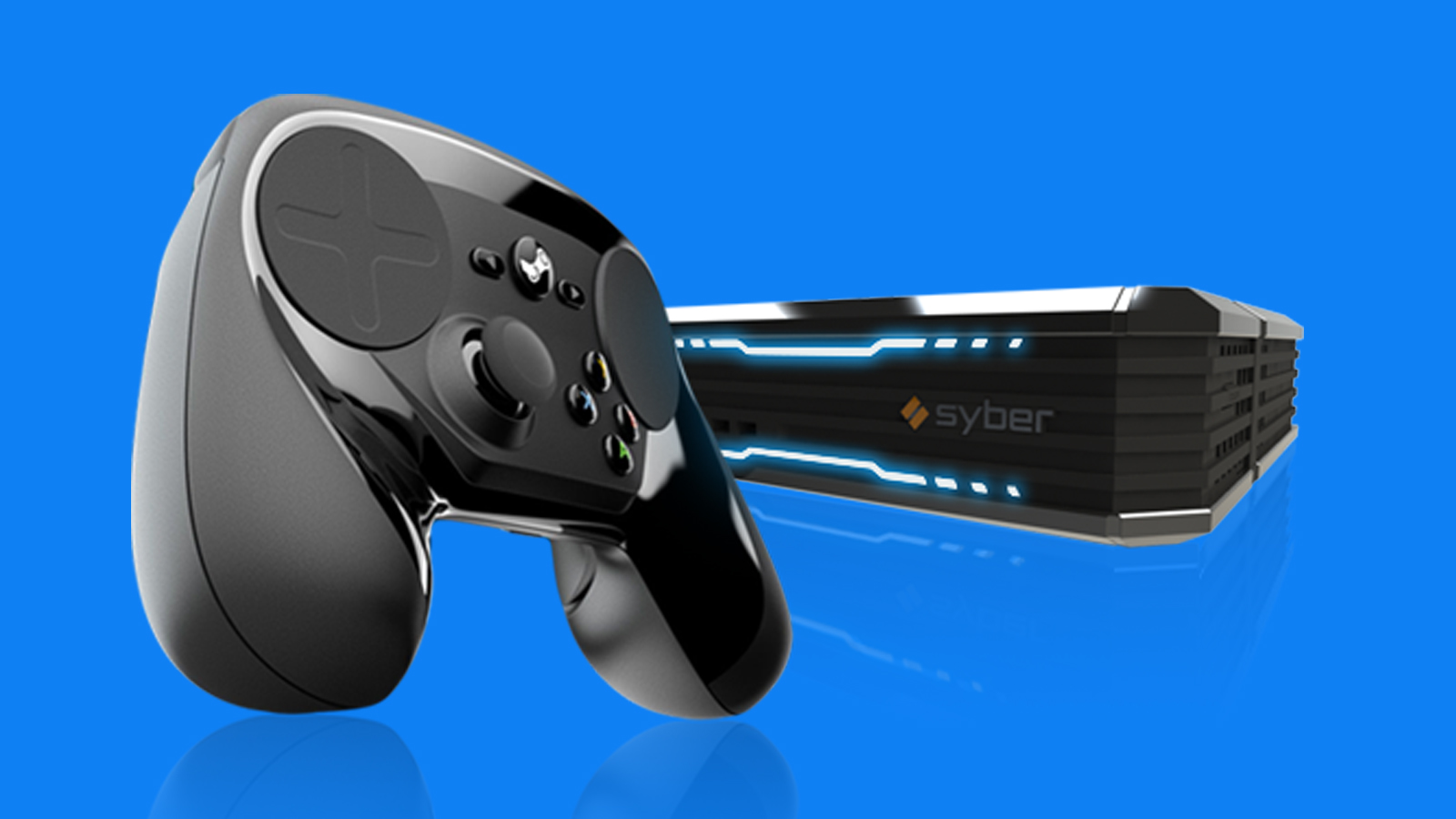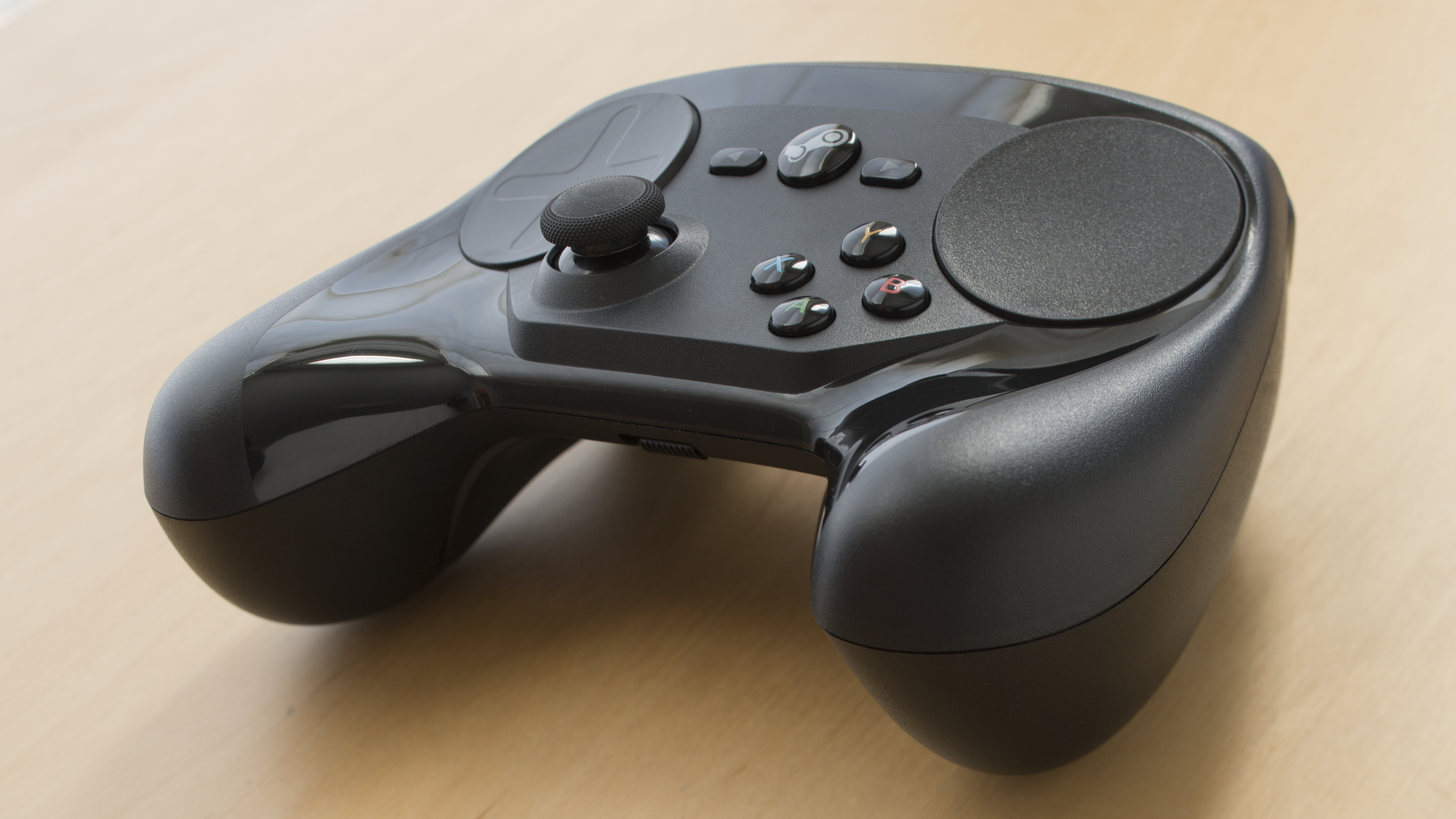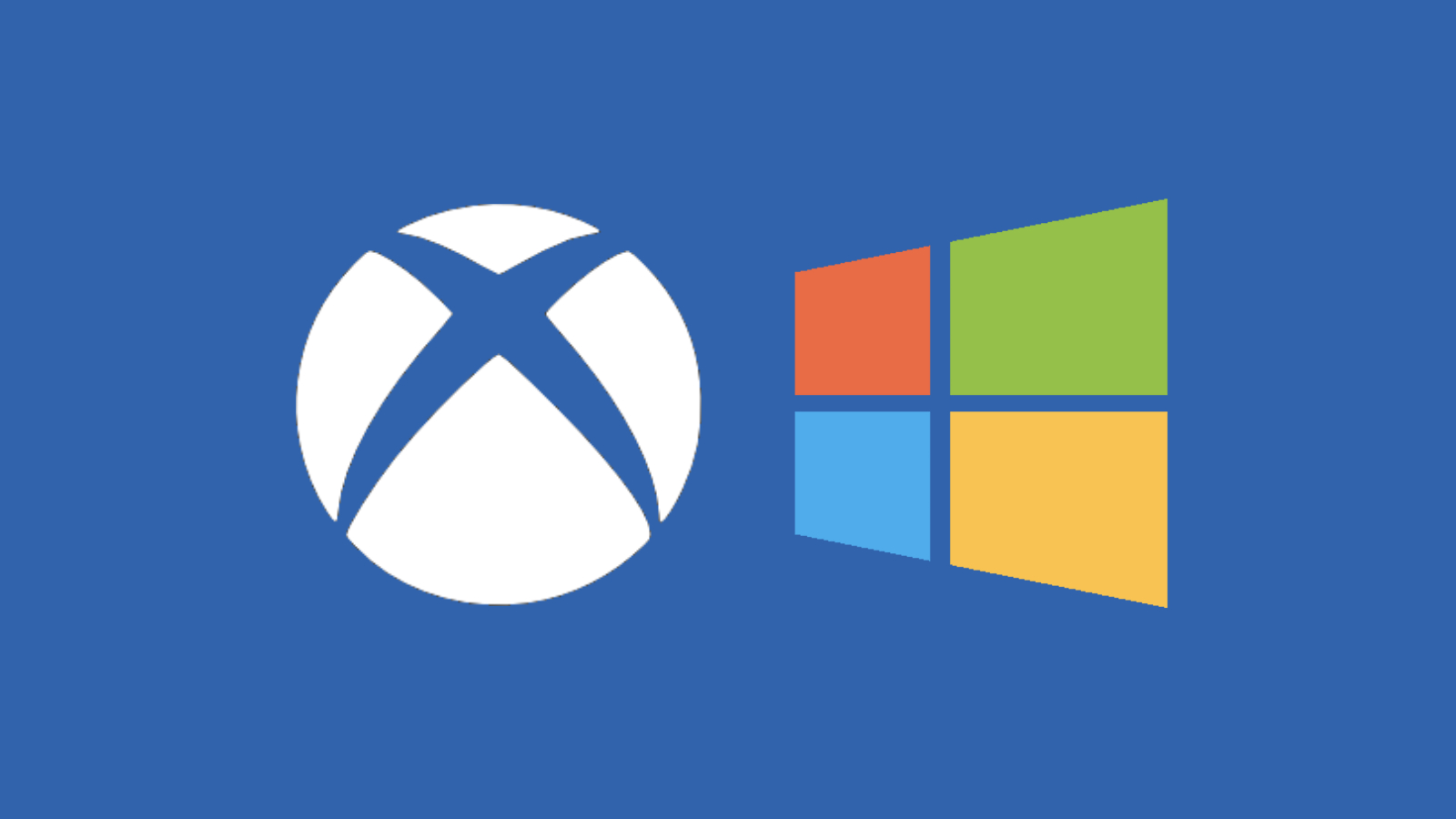Linux vs Windows: which OS is better for PC gaming?
PC Gaming Week: Both are free (for now), but only one can be best

Sign up for breaking news, reviews, opinion, top tech deals, and more.
You are now subscribed
Your newsletter sign-up was successful
Back in the '90s, when you couldn't traverse through a college campus without the violent echoes of Metallica's "Enter Sandman" accompanied by the anxious clicks of a Doom deathmatch, Microsoft reigned king over PC gaming. At the time, using an operating system other than MS-DOS was today's equivalent of using a controller to play a twitch shooter on a luxurious custom rig.
Times have changed since 1993. We no longer have to worry about JNCOs coming back in style or John Romero making anyone his bitch.
Instead, we're welcomed with myriad options through which to play our games. With Linux finally emerging viable in the market, thanks in part to Valve's Steam Machine initiative, no longer is Windows, or MS-DOS for that matter, the indisputable king of PC gaming. At least for this very moment.
Taking on the king
With Valve's Steam client having gained traction as the most popular pick for digital PC game marketplaces, it's worth noting that the company co-founder, Gabe Newell, boldly claimed as far back as 2013 that "Linux and open source are the future of gaming." In fact, the lord and savior himself called Windows 8 "a catastrophe for PC gaming" little more than a year earlier.
But why? As of September 2015, only 1,500 Steam games were compatible natively with the entire range of Linux distributions. Meanwhile, Windows thrives on a 6,464 title count, more than four times as much as Linux, according to Phoronix. That number doesn't even include the number of games exclusive to the Universal Windows Platform.

Many of the most-played Steam games, such as Dark Souls III, Grand Theft Auto V, and Rocket League still aren't available on Linux, and some may never be.
It's obvious then why PC World reported earlier this year that not only did Linux users account for less than 1 percent of Steam users at 0.91% in February 2016, but that was actually a dismal 0.04% decrease from the month prior.
Sign up for breaking news, reviews, opinion, top tech deals, and more.
Newell said all the way back in 2012 that Valve wanted to make 2,500 games available on Steam for Linux. Even after launching its own Linux kernel specifically geared towards gaming, the company has still failed to deliver on that promise nearly four years later.
SteamOS: holding Linux gaming back
There are undoubtedly perks to using Linux. Unlike Microsoft's Windows and Apple's Mac OS X, the open-source operating system is available in a number of distributions, or distros, each marked with a unique set of benefits.
Among these distros is Valve's own SteamOS, a proposition that would ostensibly bring PC gaming to the living room. And, had it been more than an Ubuntu port stripped of everything but Steam's Big Picture Mode, maybe, just maybe, it would have stood a chance at normalizing PC gaming in your family's home entertainment center.

But, alas, there was nothing new to see there. Truth be told, SteamOS wasn't only limited in its functionality. Some hardware makers didn't even release their Steam Machines because of the sheer performance issues they were running into with Valve's custom operating system.
Falcon Northwest, for example, told Digital Trends last year that SteamOS "doesn't support some common functions that you'd expect from an operating system."
These issues simply wouldn't persist in a Windows environment. What's more, you can easily get the superior performance of Windows paired with the accessibility of SteamOS in as few steps as configuring Steam to launch at system startup while simultaneously getting the service to open in Big Picture Mode by default.
Linux is out of control
While there are some redeeming qualities about Linux, advanced customization and affordability aren't really factors when you're playing video games on what is most likely a $1,000+ hardware setup. What is important to take into consideration is your control input.
With Windows, you're faced with a plethora of choices when it comes to controls – and that's exactly what PC gamers like, right? Options. You can get a mechanical keyboard with Cherry MX Red switches or Cherry MX Brown; you can get you mouse wired or wireless, and you can even choose between a PS4 or Xbox One controller.

With Linux, though, many of these options aren't natively supported. Sure, you can find a complicated workaround to use an Xbox One controller with your Ubuntu-equipped PC, or you could shell out a hundred bucks or so for Windows 10, where using an Xbox controller requires nothing more than plugging it into an open USB port.
Of course, with Valve's proprietary Steam controller having arrived by the tail-end of last year, you can be confident in Linux compatibility from a company trying to push its own kernel. But, at the same time, the Steam controller is an impressively designed compromise – an attempt to shift controller users as well as mouse and keyboard fanatics toward a middle ground. Unfortunately, the result is a niche appeal, if any at all.
A catastrophe that's here to stay
Evidently, Windows isn't going anywhere, with a Steam market share of nearly 96% as of March 2016. In fact, Epic Games even recently called Microsoft out on trying to "monopolize" PC gaming with its Universal Windows Platform initiatives.
Although Microsoft has lost sight of what PC gamers want in recent years (see: Games for Windows Live), there's no doubt that the current Xbox head Phil Spencer wants to bring the company back to its roots, namely by integrating features (and games) from the Xbox One into Windows 10.
An example of this is with Xbox Play Anywhere, which arrived just weeks after the Windows 10 Anniversary Update and gives Xbox One players who buy their games digitally a chance to access their library on PC for no added cost. ReCore and Forza Horizon 3, the latter of which we called a "true petrol-head's fantasy," are among the first to support Microsoft's cross-buy program.

In contrast, Valve's attempts at making Linux not only the best place to play games from your Steam library, but actually the heart of your living room are tough to jive with. Despite making an effort with SteamOS, it doesn't help that a number of companies still haven't released their November 2015-bound Steam Machines after neglecting to comply with the operating system's handicaps.
There's a clear winner here, and unless Linux rectifies its performance disparity, lack of natively supported control options and impoverished game library, the OS to beat for PC gaming will remain Windows 10.
- These are the best PC games you can play right now
Lead Image Credit: Gremlin (iStock)
